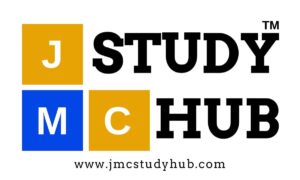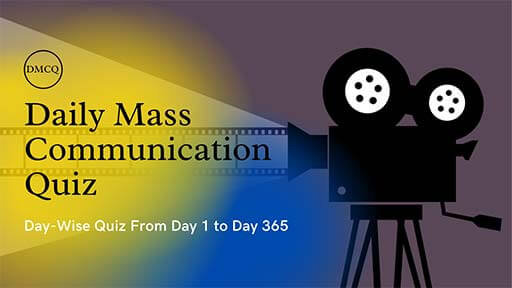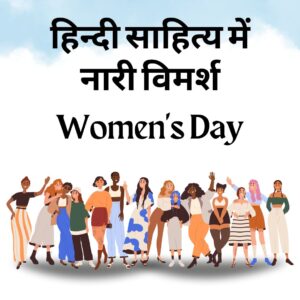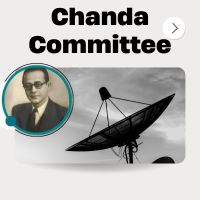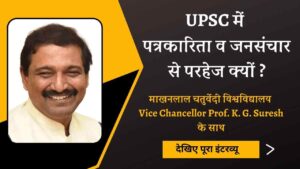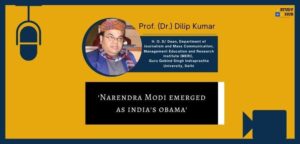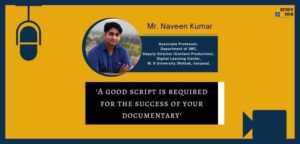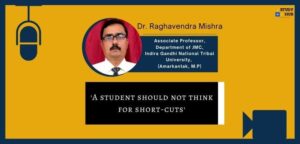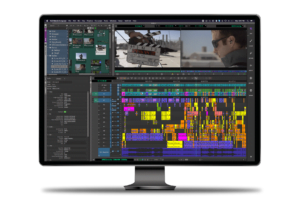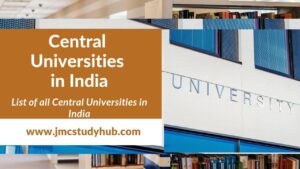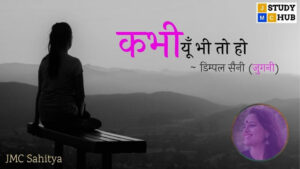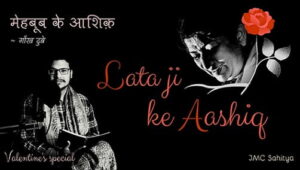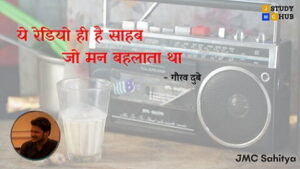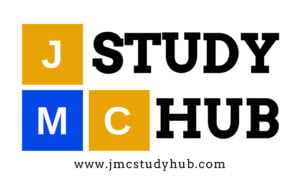Daily Mass Communication Quiz (DMCQ) boost your concepts through day wise solved quiz from the entire course of Journalism and Mass communication (JMC) with detail explanations.
Journalism and Mass Communication Objective Questions (DMCQ)
Q 1. In India, Englishman William Bolts made the first attempt for the publication of newspapers
(A) 1768
(B) 1772
(C) 1776
(D) 1780
Correct Answer: (C) 1776
Explanation: The first attempt to start a news- paper in Calcutta was made in 1776 by Mr. William Bolts who had re- signed from the Company’s service earlier that year after censure by the Court of Directors for private trade.
Q 2. ‘The Samchar Darpan’ was a publication of ………….
(A) The Baptist mission
(B) The Wesleyan mission
(C) The Danish mission
(D) The Scottish mission
Correct Answer: (A) The Baptist mission
Explanation: Samachar Darpan was a Bengali weekly newspaper from the Baptist Mission Press at Serampore in the first half of the 19th century. We need to remember that the initiative was taken by Joshua Marshman and William Ward.
Q 3. Who founded the Indian Languages Newspapers Association?
(A) Mahatma Gandhi
(B) Bal Gangadhar Tilak
(C) Mammen Mappillai
(D) Amritlal Seth
Correct Answer: (B) Bal Gangadhar Tilak
Explanation: The Indian Languages Newpapers Association (ILNA) was formed on June 14, 1941, on the eve of the introduction of control on newprint during the Second World War.
Q 4. Name the hero of the language press during the period 1845-83.
(A) Dwarkanath Tagore
(B) Manmohan Ghosh
(C) Christo Paul
(D) Vasudev Balwant Phadke
Correct Answer: (D) Vasudev Balwant Phadke
Explanation: Vasudev Balwant Phadke, one of India’s first revolutionaries in the independence movement. His rebellion arguably had indirectly affected the plot of Bankim Chandra Chattopadhyay’s novel Anandamath (1882).
Q 5. Who is known as the ‘Father of Indian Cinema’?
(A) Ardeshir Irani
(B) Dada Saheb Phalke
(C) Raj Kapoor
(D) None of the above
Correct Answer: (B) Dada Saheb Phalke
Explanation: Dadasaheb is considered as the father of Indian cinema is because of his debut movie Raja Harishchandra which was released in 1913.
Q 6. The first news agency of India was
(A) United News of India (UNI)
(B) Free Press of India (FPI)
(C) Press News Bureau (PNB)
(D) Press Trust of India (PTI)
Correct Answer: (B) Free Press of India (FPI)
Explanation: Free Press of India was an Indian nationalist-supporting news agency founded in the 1920s by Swaminathan Sadanand, during the period of the British Raj. It was the first news agency owned and managed by Indians.
Q 7. Urdu News Service was started for the first time in India by
(A) UNI
(B) IANS
(C) PTI
(D) IRNA
Correct Answer: (A) UNI
Explanation: United News of India (UNI) is a multilingual news agency in India. It was founded in December 1959 as an English news agency. In 1992, it started its Urdu news service and hence became the first news agency to provide Urdu news.
Q 8. The First Press Commission was appointed in
(A) 1950
(B) 1951
(C) 1952
(D) 1953
Correct Answer: (C) 1952
Explanation: First press commission was formed under the chairmanship of justice J.S Rajadhyaksha on 23 September 1952 by ministry of information & broadcasting to inquiry into the state of press in India.
Q 9. Who among the following was the chairman of the first Press Commission?
(A) Justice J.S. Rajadhyaksha
(B) J. Natrajan
(C) Dr. V.K.R.V. Rao
(D) Dr. C.P. Ramaswami Aiyer
Correct Answer: (A) Justice J.S. Rajadhyaksha
Explanation: First press commission was formed under the chairmanship of justice J.S Rajadhyaksha on 23 September 1952 by ministry of information & broadcasting to inquiry into the state of press in India.
Q 10. Who is known as Indian Gutenberg?
(A) James Augustus Hicky
(B) John de Bustamante
(C) John Bosco
(D) Col. James Todd
Correct Answer: (B) John de Bustamante
Explanation: John de Bustamante, also known as ‘the Indian Gutenberg’, was a Spanish missionary who inaugurated the first era of print in India, specifically in the Portuguese colony of Goa.
